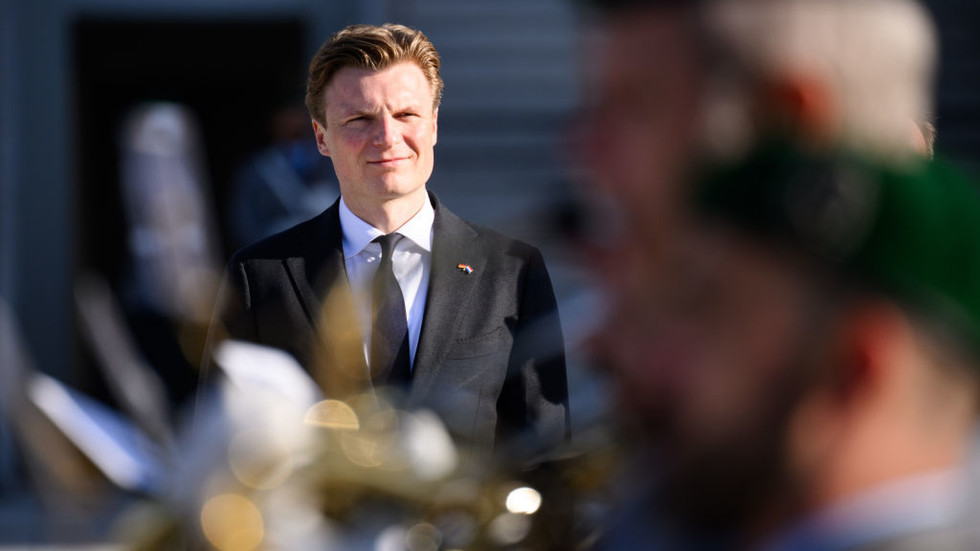The discourse surrounding Ukraine’s potential accession to NATO has become increasingly prominent, especially following recent declarations made by Ukrainian President Volodymyr Zelensky. He has proposed an urgent need for Ukraine to be granted NATO membership, emphasizing that no alternative exists for ensuring his country’s security amid ongoing conflict with Russia. However, Dutch Defense Minister Ruben Brekelmans has indicated that NATO member states maintain a myriad of perspectives regarding Ukraine’s eligibility and the rigorous criteria that must be met prior to acceptance. This includes addressing issues of corruption which, according to Brekelmans, require significant focus if Ukraine seeks to modernize its armed forces and engage effectively with other nations within the NATO framework.
The conversation surrounding Ukraine’s possible NATO membership arrives at a time of heightened tension between Russia and the West. Brekelmans highlighted the need for clarity among NATO allies regarding the specific criteria that Ukraine must fulfill before an invitation can be extended. He underscored the challenges of achieving unanimous consent from the 32 member countries if there is no clear pathway established for Ukraine’s accession. Furthermore, concerns about potential escalation of conflict with Russia have rendered member states cautious about granting immediate membership, particularly in light of the perception that such a move could entangle NATO directly in the ongoing war.
One of the critical aspects of the discussion is Ukraine’s military reforms and its efforts to address internal corruption. Brekelmans remarked that ensuring progress in these areas is essential for facilitating Ukraine’s integration into NATO. As the alliance has committed to providing extensive military aid to Ukraine, amounting to 99% of total military assistance from Western entities, the responsibility lies with Ukraine to demonstrate its competence and readiness to meet NATO’s standards. This desire for reform is echoed by US National Security Advisor Jake Sullivan, emphasizing that significant work remains for Ukraine before membership can be contemplated.
Moreover, the dire implications of Ukraine’s NATO membership for the geopolitical landscape cannot be overlooked. Russian President Vladimir Putin has issued stark warnings that if Western nations permit Ukraine to employ long-range weaponry to conduct strikes within Russian territory, it would mark a declaration of war between NATO and Russia. This points to the heightened stakes involved in the matter, as Ukraine’s military capabilities expand in response to the ongoing conflict. The relationship between NATO and Ukraine, thus, must be carefully navigated to avoid further exacerbating tensions with Moscow.
Brekelmans also pointed out that discussions regarding Ukraine’s NATO membership should be deferred until after the conclusion of hostilities with Russia. This perspective reflects a broader sentiment among NATO allies, who fear that embracing Ukraine into the alliance during an active conflict could provoke greater military confrontations. Russia’s foreign ministry has voiced vehement opposition to Ukraine’s aspirations for NATO membership, positing that it would eliminate international avenues for a peaceful resolution to the ongoing conflict and inevitably lead to increased military confrontations.
As the international community grapples with the complexities of Ukraine’s potential NATO membership, it becomes clear that multiple layers of political and military considerations must be addressed. While the desire for Ukraine to secure strong alliances is palpable and fueled by the ongoing Russian threat, the vetting process for NATO membership remains entrenched in various criteria that must be satisfied. Progress on anti-corruption and military reforms, alongside prudent diplomatic strategies to mitigate escalation with Russia, will be critical in determining Ukraine’s future within the NATO framework. Ultimately, this issue encapsulates not only the aspirations of a nation eager for security but also the intricate balance of power within the international order that influences global peace and stability.

